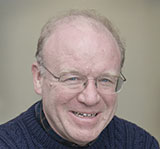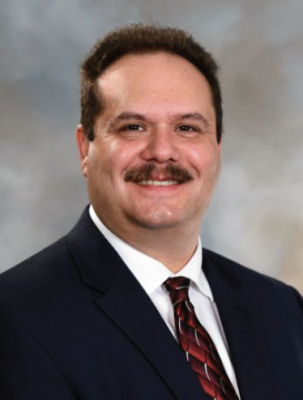MOOCs and the Future of Fluid Power Education
 Fluid power is an important enabling technology for mechanical, agricultural, and aerospace engineering. These disciplines graduate over 20,000 engineers a year, and every one of these graduates should be familiar with fluid power as part of their degree program. However, access to fluid power education is an enormous challenge at the university level. This challenge must be addressed, since familiarity with fluid power is important for all engineers, not just those working in the industry. Potential applications of fluid power exist in nearly all industries, and it is important to have well-educated potential users.
Fluid power is an important enabling technology for mechanical, agricultural, and aerospace engineering. These disciplines graduate over 20,000 engineers a year, and every one of these graduates should be familiar with fluid power as part of their degree program. However, access to fluid power education is an enormous challenge at the university level. This challenge must be addressed, since familiarity with fluid power is important for all engineers, not just those working in the industry. Potential applications of fluid power exist in nearly all industries, and it is important to have well-educated potential users.
We at the Center for Compact and Efficient Fluid Power are committed to greatly expanding access to fluid power instruction. To help address the need, we have made fluid power videos available to the general public (www.ccefp.org/education-outreach/public-outreach/fluid-power-documentary), and have created a collection of open courseware at the university level, including lecture notes, mini-books, and videos of lectures (https://sites.google.com/site/fluidpoweropencourseware/material). Our two popular mini-books, “Fluid Power System Dynamics” by William Durfee and Zongxuan Sun of the University of Minnesota and “The Electrohydraulic Servovalve Coloring Book” by Rosamond Dolid of MTS System Corp., are available in downloadable PDF form for free or in bound form for a modest fee.
In spite of our best efforts, however, the expansion of fluid power education has been slow. Recently, a new and exciting approach, MOOCs, have emerged as a way of greatly expanding educational access. MOOC stands for Massive Open Online Course, and it is not unusual for a MOOC to have more than one million students. The University of Minnesota and CCEFP are developing a university-level fluid power MOOC entitled “Fundamentals of Fluid Power.” The course will be first taught in September of this year. The instructors are Will Durfee and Jim Van de Ven. The course is free and available to anyone, anywhere in the world. You can learn more from the Coursera link to the course: www.coursera.org/course/fluidpower. Please help us spread the word to those who may benefit.
By Kim A. Stelson, Professor and Director, Center for Compact and Efficient Fluid Power (CCEFP)
CCEFP is a National Science Foundation Engineering Research Center established in June 2006. It is a network of researchers, educators, students, and industry working together to transform the fluid power industry—how it is researched, applied and studied. In addition to its grant from NSF, the Center is supported by its seven participating universities and more than 50 industrial partners. Visit www.ccefp.org.







